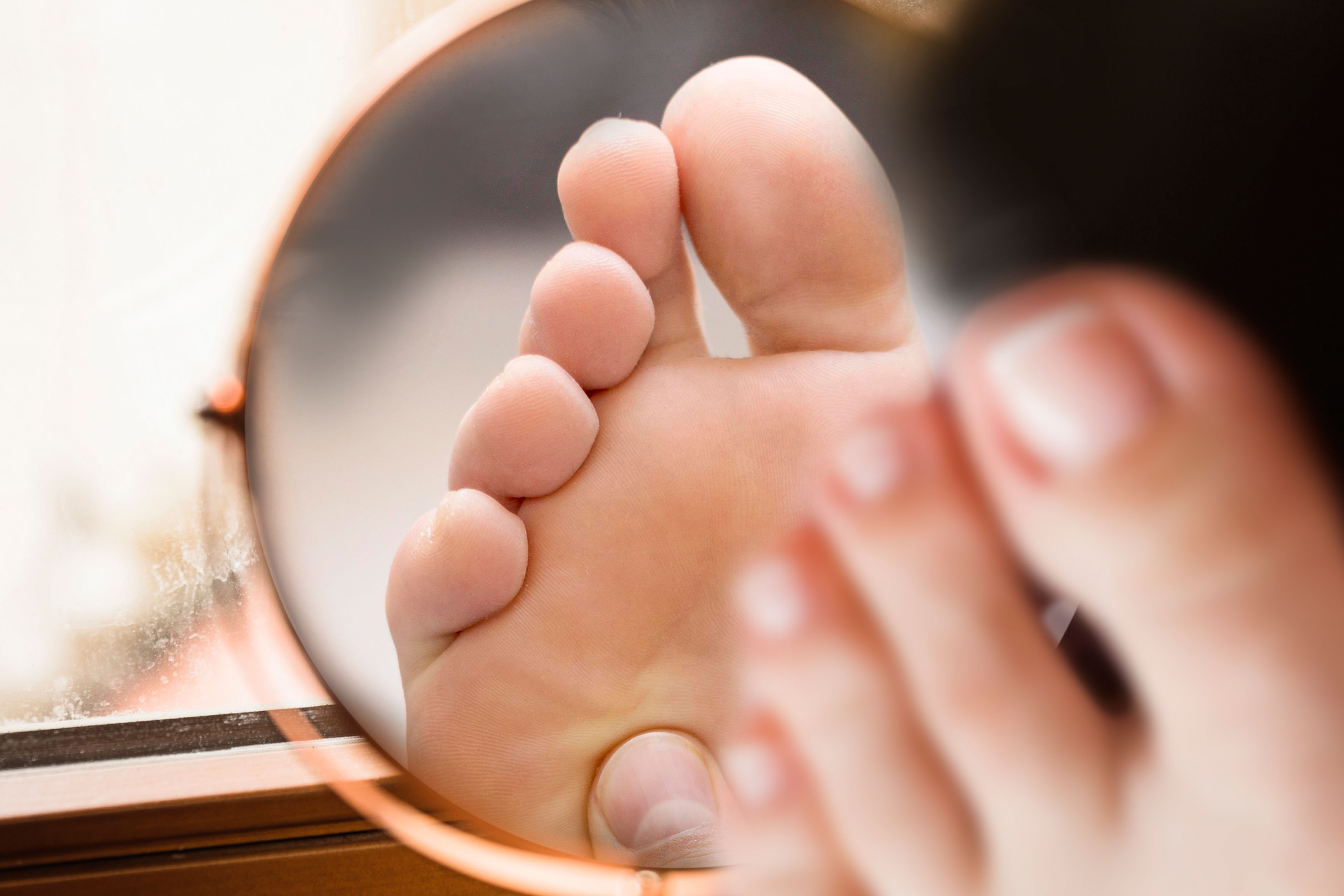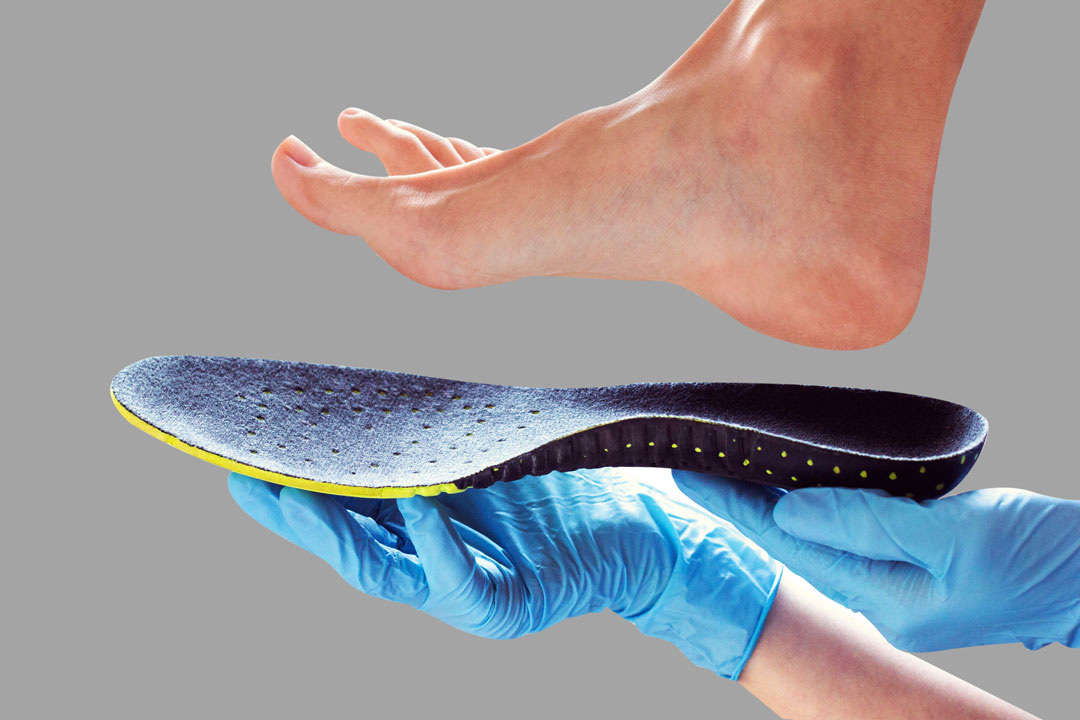A short guide to diabetes
Whether you are new to diabetes, old to it, have friends or family who got diagnosed or simply a curious reader; you have come to the right place to get your information.
Definition:
“A disease in which the body’s ability to produce or respond to the hormone insulin is
impaired, resulting in abnormal metabolism of carbohydrates and elevated levels of glucose in the blood”






